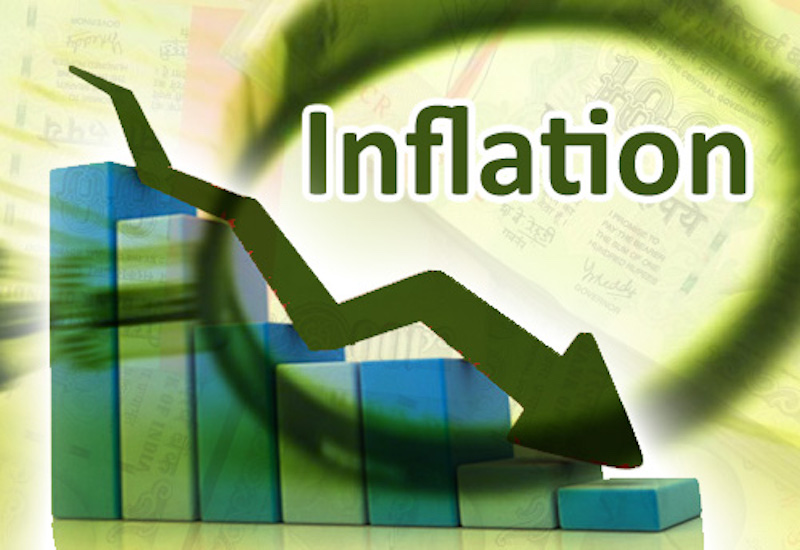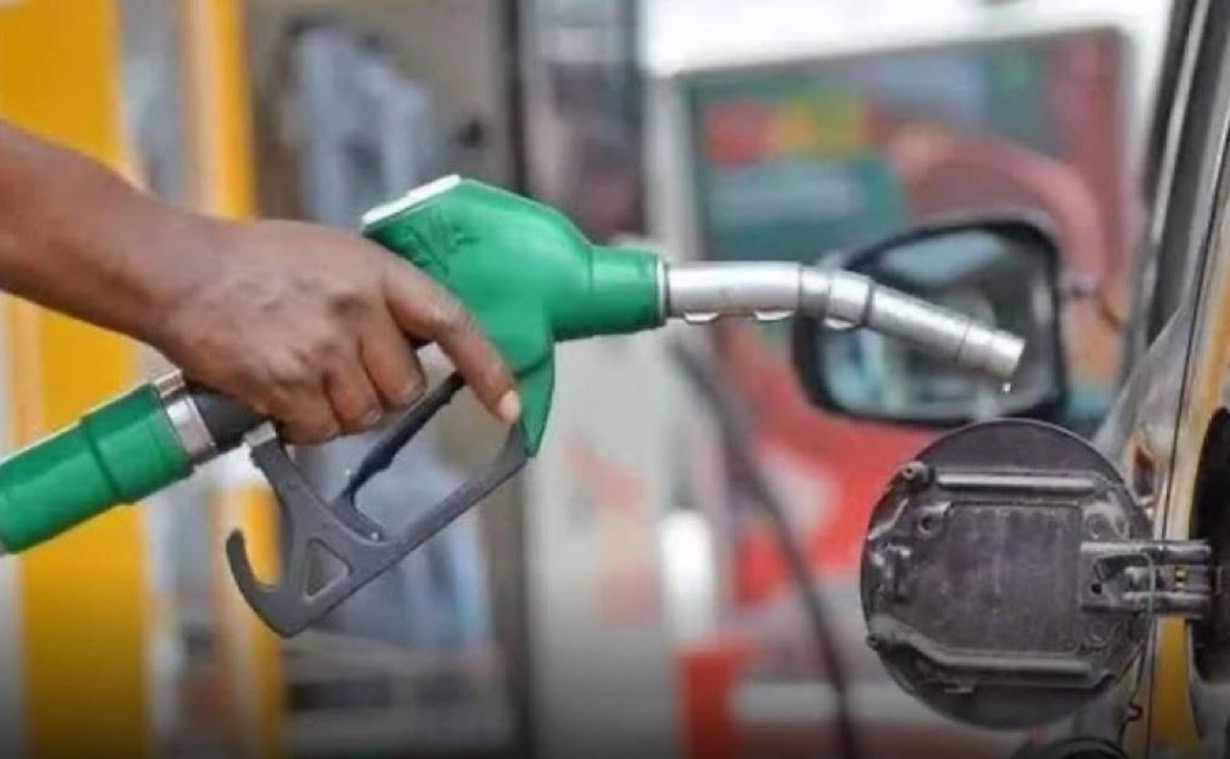Inflation Takes a Dip: What’s Happening?
Nigeria’s inflation rate has dropped for the second month in a row, offering a glimmer of hope for an economy that has been battling rising prices and economic hardship. According to the National Bureau of Statistics (NBS), inflation fell to 23.18% in February 2025, down from 24.48% in January. Food inflation also saw a decline, dropping to 23.51% from 26.08% in the same period.
While these numbers are encouraging, the reality on the ground tells a different story. The cost of living remains stubbornly high, leaving many Nigerians wondering: Why aren’t we feeling the relief yet?
Why Is Inflation Falling? Experts Explain
Economists and analysts have pointed to several factors behind the recent drop in inflation:
- The Base Effect: Comparing 2025 figures to the high inflation rates of 2024 naturally shows a narrowing gap. This statistical trend is expected to continue throughout the year.
- Improved Macro Stability: Reduced volatility in exchange rates and a slight drop in fuel prices (Premium Motor Spirit, or PMS) have helped ease inflationary pressures.
- Increased Food Production: Thanks to improved security in farming regions, food production has risen, helping to stabilize food prices.
Muda Yusuf, CEO of the Centre for the Promotion of Private Enterprise (CPPE), highlighted these factors but cautioned that inflation remains high. “The government must take urgent steps to bring down the prices of basic goods like food, pharmaceuticals, and cooking gas,” he emphasized.

Why Aren’t Prices Dropping for Consumers?
Despite the decline in inflation, the prices of everyday goods remain high. Here’s why:
- Exchange Rates and Interest Rates: Gbolade Idakolo, CEO of SD & D Capital Management, explains that the strength of the naira, high exchange rates, and elevated interest rates are preventing the inflation drop from translating into lower prices for consumers.
- Supply Chain Challenges: Prof. Godwin Oyedokun of Lead City University notes that while inflation is easing, supply chain issues and localized price hikes may not be fully captured by the Consumer Price Index (CPI).
- Government Policies: Targeted interventions, such as subsidies for essential goods or adjustments in interest rates, could help bridge the gap between inflation figures and market realities.
What’s Next for Nigeria’s Economy?
The recent inflation drop is a positive sign, but there’s still a long way to go. For Nigerians to truly feel the impact, the government must:
- Stabilize the Naira: Continued efforts to reduce exchange rate volatility are crucial.
- Lower Interest Rates: Making borrowing cheaper could stimulate economic activity and ease financial pressures.
- Boost Local Production: Supporting farmers and manufacturers will help reduce reliance on imports and stabilize prices.
As Prof. Oyedokun puts it, “The pressure driving prices higher may be stabilizing, but we need sustained efforts to ensure this trend benefits everyone.”
The Bigger Picture: Hope on the Horizon?
While the drop in inflation is a step in the right direction, it’s clear that Nigeria’s economic recovery is still a work in progress. The government’s ability to implement effective policies and address structural challenges will determine whether this trend translates into real relief for Nigerians.
For now, the question remains: Will this glimmer of hope turn into a brighter future for Nigeria’s economy? Only time—and decisive action—will tell.
Additional Insights
To further understand the implications of the inflation drop, it’s essential to consider the broader economic context. Nigeria has faced significant challenges in recent years, including currency devaluation, rising debt levels, and security issues that have disrupted agricultural production. The recent improvements in inflation rates suggest that some of these challenges are being addressed, but the pace of recovery remains slow.
The Role of Monetary Policy: The Central Bank of Nigeria (CBN) has played a crucial role in managing inflation through monetary policy adjustments. However, the effectiveness of these measures depends on their implementation and the broader economic environment.
Public Sentiment: Despite the positive economic indicators, public sentiment remains cautious. Many Nigerians are still grappling with high prices and limited access to essential goods and services. This disconnect between economic data and lived experiences highlights the need for more inclusive and impactful policies.
Read also: Ceasefire Agreement: Russia Can’t Be Trusted – EU Foreign Policy Chief Kallas
Global Factors: Nigeria’s economy is also influenced by global trends, such as fluctuations in oil prices and international trade dynamics. As a major oil exporter, Nigeria’s economic stability is closely tied to the global oil market. Any significant changes in oil prices could have a ripple effect on inflation and economic recovery.
















Got a Questions?
Find us on Socials or Contact us and we’ll get back to you as soon as possible.